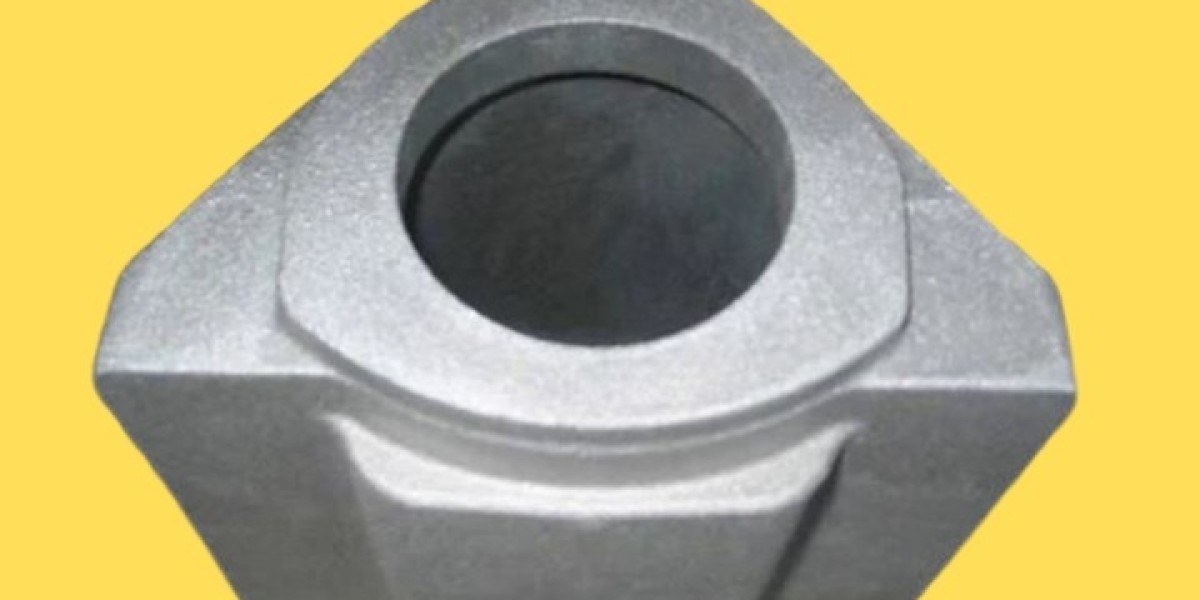White cast irons, a specialized form of cast iron, boast unique properties and find diverse applications across industries. In this comprehensive guide, we delve into the intricacies of white cast irons, exploring their composition, characteristics, manufacturing processes, and applications.
Understanding White Cast Irons
White cast irons derive their name from their white fracture surface, which distinguishes them from gray cast iron. Unlike gray cast iron, white cast irons contain cementite in their microstructure, contributing to their high hardness and abrasion resistance. The key constituents of white cast iron include carbon (2.5-4%), silicon (0.5-3%), manganese, sulfur, and phosphorus.
Manufacturing Process
The manufacturing process of white cast irons involves melting pig iron and scrap steel in a furnace, followed by controlled cooling to form the desired microstructure. Alloying elements are added to adjust the properties according to the intended application. The molten metal is then poured into molds to achieve the desired shape.
Characteristics and Properties
High Hardness: White cast irons exhibit exceptional hardness, making them suitable for applications where wear resistance is paramount, such as in mining equipment, crusher liners, and grinding media.
Abrasion Resistance: Their microstructure, rich in carbides, enhances their resistance to abrasion, making them ideal for components subjected to abrasive wear, including pump impellers, rolls, and chutes.
Brittleness: While white cast irons offer superior hardness, they are inherently brittle, which can limit their use in applications requiring toughness and impact resistance.
Excellent Wear Properties: Due to their hardness and abrasion resistance, white cast irons offer extended service life in harsh environments, reducing maintenance costs and downtime.
Applications
White cast irons find widespread applications in various industries, including:
Mining and Quarrying: They are utilized in crusher liners, grinding balls, and screens due to their exceptional abrasion resistance.
Construction and Infrastructure: Components such as pump impellers, chute liners, and wear plates benefit from the wear-resistant properties of white cast irons, enhancing equipment longevity.
Manufacturing: White cast iron tooling components and machine parts endure high wear conditions, ensuring precision and longevity in production processes.
Conclusion
White cast irons stand out for their unparalleled hardness and abrasion resistance, making them indispensable in applications where wear performance is critical. Understanding their composition, manufacturing process, and applications is essential for leveraging their strengths across various industries, contributing to enhanced efficiency and durability in machinery and equipment.








